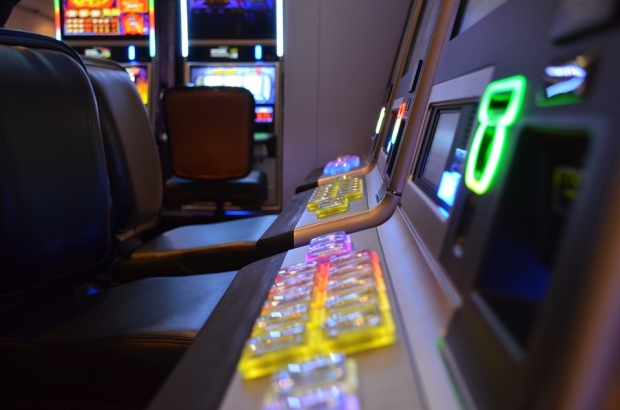- Daily & Weekly newsletters
- Buy & download The Bulletin
- Comment on our articles
Government plans to substantially limit gambling advertising
Belgium’s council of ministers has officially approved a draft royal decree that would substantially limit gambling advertising.
The first measures are expected to enter into force on 1 June 2023, with major restrictions for advertising any games that involve betting. In 2025, those same restrictions will apply to sponsorships of sports clubs.
Not everyone is on board with the reforms, in particular the MR party. Its chairman Georges-Louis Bouchez said on Twitter on Friday that there was still no agreement on the text as it had not been shown to the government partners.
But “there is an agreement right down to the last square inch,” the prime minister's office said when contacted by Belga.
Justice minister Vincent Van Quickenborne introduced plans to curb gambling last spring, receiving no objections from the Council of State or the European Commission.
For reasoning, he cites the growing number of people suffering from gambling addictions.
According to international studies, 40% of gambling companies’ profits is generated by “problem gamblers”, meaning people who are addicted.
It is also estimated that these addicts spend an average of 42% of their monthly income on gambling.
Van Quickenborne expressed concern of a “trickle down” effect to younger generations, citing the UK as an example. There, a recent survey found that 80% of students said they gambled regularly, with a negative impact on their studies for 41% of them and, for nearly one in three students, financial difficulties in the form of debt.
Other figures put forward by Van Quickenborne are those of a Belgian study carried out in 2017 which showed that 33% of the heavy gamblers questioned had been persuaded to gamble after receiving emails from gambling companies, and that 31% did so after seeing advertising for online gambling.
One in three gamblers were also influenced by advertisements on billboards, especially at sporting events.
These are reasons why Van Quickenborne aims to crack down on gambling advertisements, including bans on ads on TV, radio, cinema commercials, websites, social networking platforms, magazines, newspapers and digital channels.
It will also be forbidden to advertise gambling on posters in public places, or to use personalised advertising by email, post, SMS, social networks and any printed advertising.
After this, a transition period will take place for stadiums and sports clubs, giving them until 2025 to similarly ban gambling advertisements with at least one exception: Until 31 December 2027, a logo with the name, but without a slogan, may be placed on the back of athletes’ shirts provided it occupies a maximum area of 75cm² (7.5cm by 10cm).
At the same time, tax rules will be tightened, meaning sponsorship expenses will no longer be deductible for gambling companies.
Similar measures will be taken for the National Lottery, and the government agreed to set the minimum age for gambling at 21 years old.
People who are struggling with a gambling addiction can take advantage of a system in Belgium wherein they can blacklist themselves from casinos and other places with betting.
Nearly 45,000 people have done so, but experts say such a ban often comes too late, when the situation is already problematic and addictive.
The Gambling Commission (GGC) therefore recommends that this voluntary exclusion system be extended and made better known. Gambling addicts who wish to protect themselves can register on the GGC’s automated online Excluded Persons Information System (EPIS).
A GCG-commissioned survey of 275 self-excluded gamblers found that the vast majority of respondents (90%) described their exclusion as “useful”, saying it allows them to “manage their finances better, feel better and improve their relationships”.



















